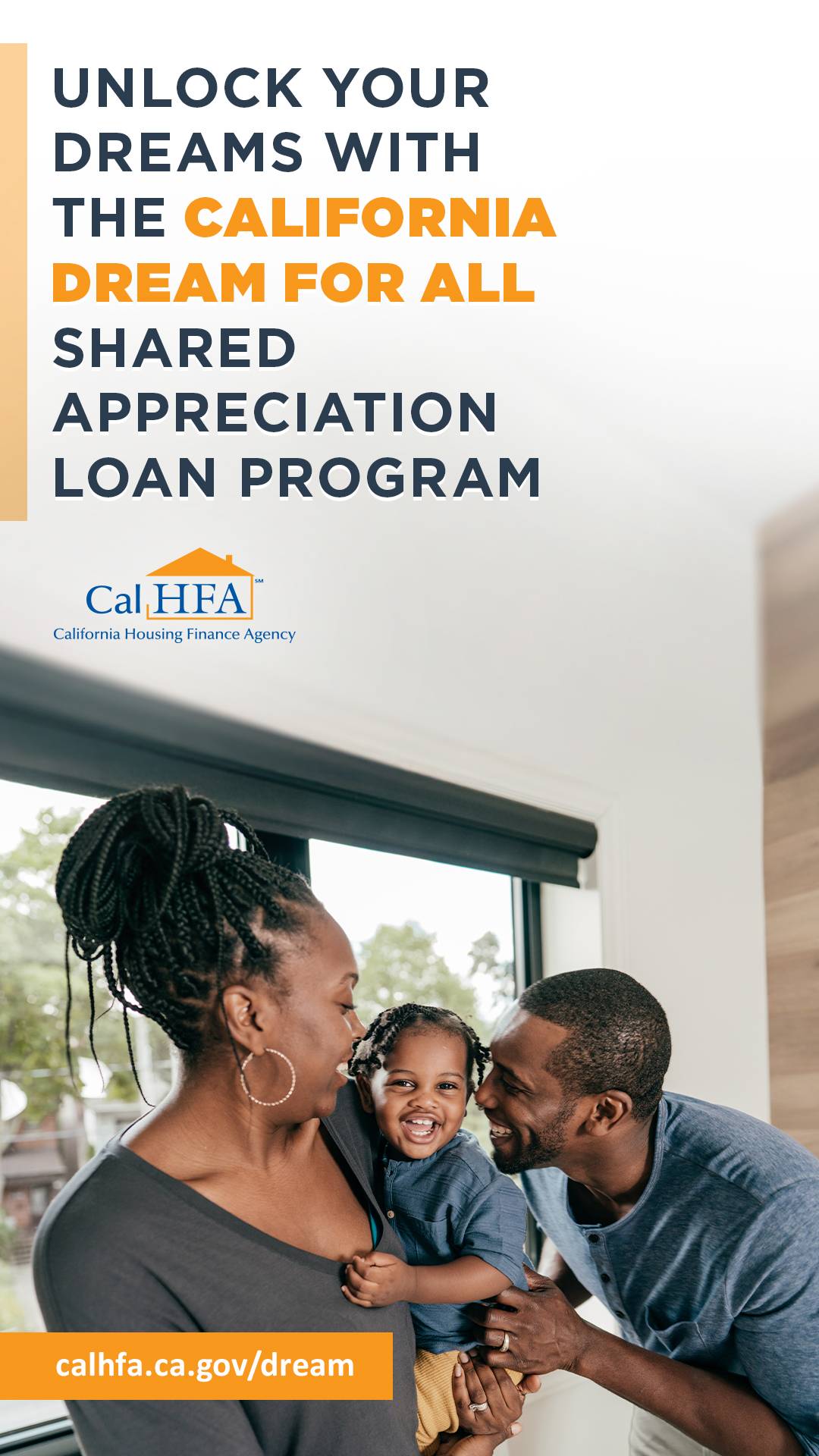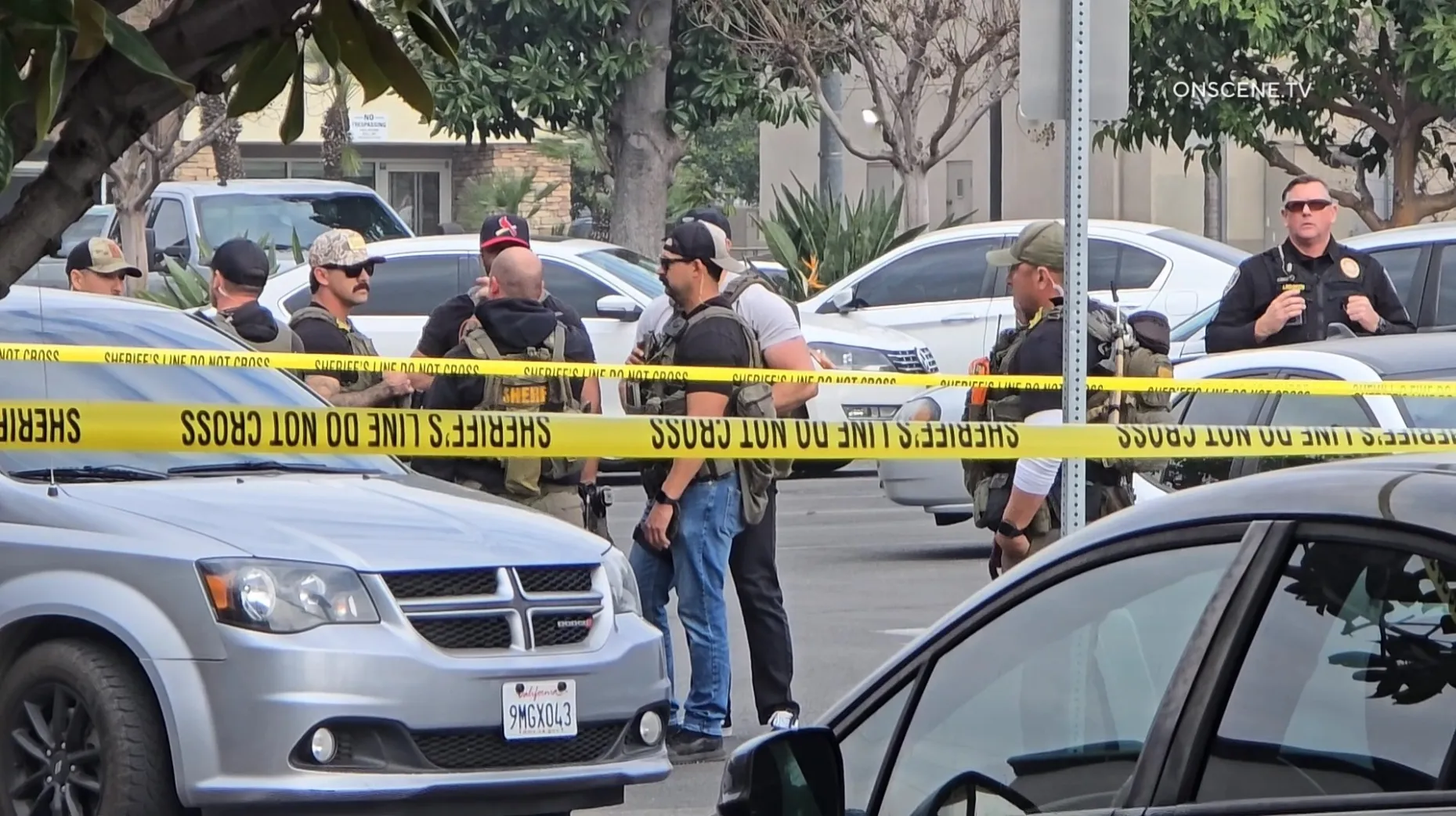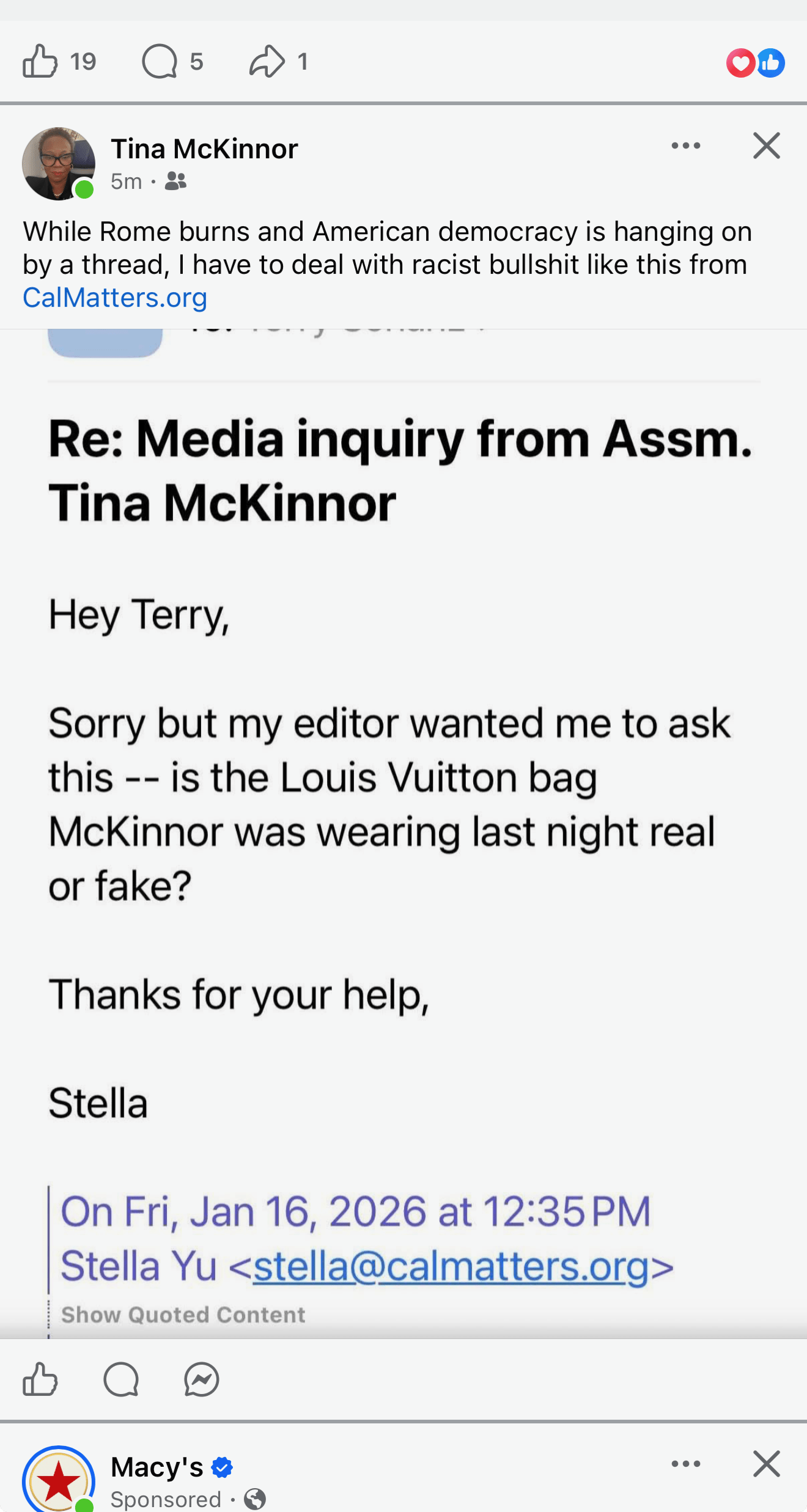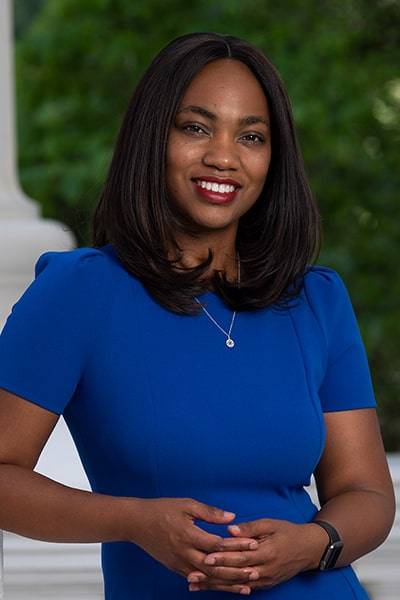Statewide — Legislation introduced by Sen. Laura Richardson (D–Inglewood) that would require local governments to disaggregate demographic data for Black or African American populations is up for a key vote this week.
Richardson is a member of the California Legislative Black Caucus (CLBC).
Senate Bill (SB) 515 — titled “Local Government: Collection of Demographic Data” — will be heard by the Assembly Committee on Appropriations. The bill passed the Assembly Local Government Committee on July 2 by a vote of 8-2.
CLBC members Rhodesia Ransom (D-Stockton) and Lori Wilson, members of the Local Government Committee, (D-Suisun City) voted to advance the measure.
“SB 515 addresses a critical gap by improving how local governments in California collect and report demographic data,” Richardson told the committee. “This bill recognizes that without accurate, consistent, and complete information about the unique needs of historically marginalized communities, particularly those impacted by injustices, they remain invisible in our decision-making process.”
If enacted, the bill would go into effect on Jan. 1, 2027, requiring cities and counties to collect more detailed demographic data on Black communities. This would include distinctions among African Americans, African immigrants, and Afro-Caribbean populations.
Lisa Orr, a legislative aide to Sen. Richardson, stated that SB 515 is not a reparations bill.
“The legislation is one of 16 bills by Sen. Richardson that is moving through the legislature,” Orr told California Black Media (CBM).
Richardson noted that employment applications typically group all Black communities under one category, making it difficult to analyze data for specific subgroups such as African Americans, Afro-Caribbeans, or African immigrants.
She contrasted that with how state forms already break down Asian identities into categories like Cambodian, Korean, Chinese, Filipino, Indian, Laotian, Vietnamese, and Japanese. Other forms list subgroups such as Asian-Pacific Islanders, Guatemalan, Native Hawaiian, and Samoan.
“However, most documents, typically, only reflect Black and African American,” Richardson said. “Without specific data, the contributions of our communities remain overlooked.”
Under SB 515, local governments would be required to collect demographic data for:
- African Americans who are descendants of persons enslaved in the United States.
- Black individuals who are not descendants of U.S. slavery, including African and Caribbean Blacks.
- And individuals who either do not know or choose not to identify their ethnicity.
Republican Assemblymembers Josh Hoover (R-Folsom) and Tri Ta (R-Westminster) voted against the bill in committee. It previously passed the Senate on April 1 with a 28-10 vote, all “no” votes coming from Republicans.
Not all groups support the bill. The Carlsbad Citizens for Community Oversight, a nonprofit organization advocating for government transparency and accountability, sent a letter to the Assembly Local Government Committee opposing SB 515 and urging members to oppose the bill.
However, the bill has received support from organizations such as the Coalition for a Just and Equitable California (CJEC), the American Redress Coalition of California – Sacramento and Bay Area chapters, and the California Black Lineage Society.
A similar effort was made in the Legislature last year when former Assemblymember Chris Holden — whose district covered parts of Los Angeles and San Bernardino counties — introduced Assembly Bill (AB) 2089, which also proposed collecting more specific demographic data on Black subgroups. That bill stalled in the Assembly Appropriations Committee and did not move forward.
Chris Lodgson, a member of CJEC, highlighted why SB 515 matters to his organization and others.
“The inclusion of additional demographic categories across all California cities and counties, particularly a category of data collection for descendants of persons enslaved and emancipated from U.S. Chattel Slavery, will provide a clearer understanding of the specific needs and challenges faced by this community of over 2 million California residents,” Lodgson stated in support of the bill.







